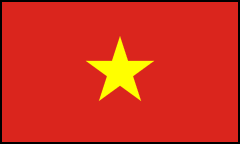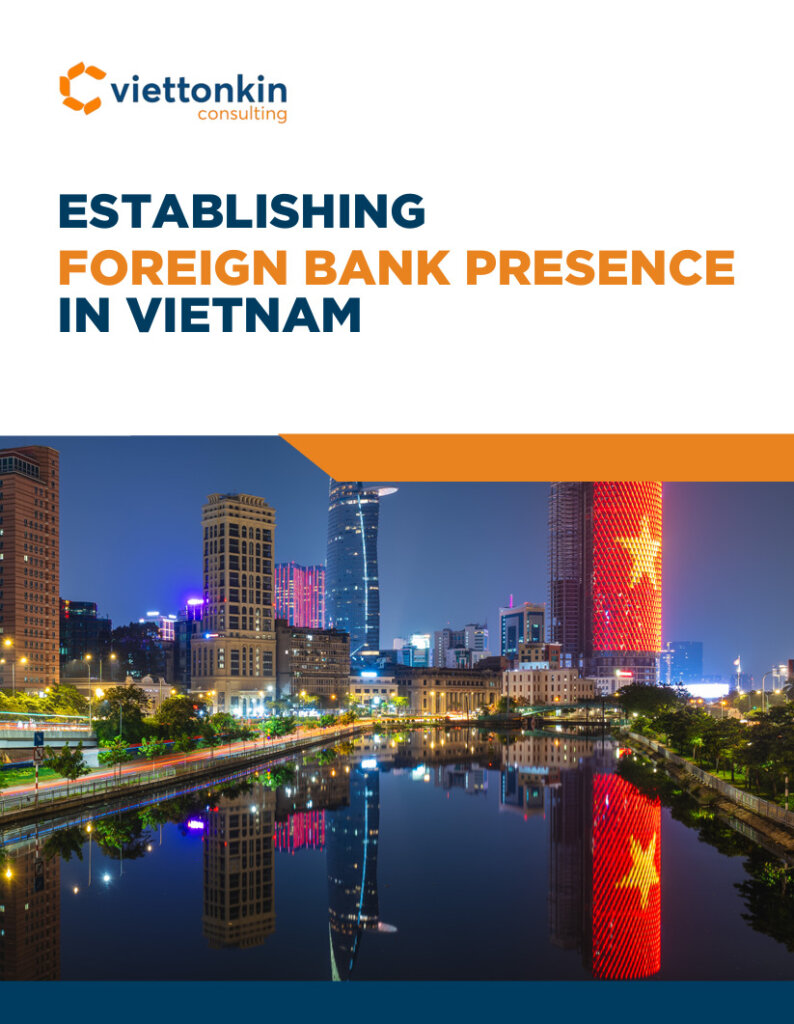Technology is now evolving at such a rapid pace that any predictions of trends can seem to change in a blink before they even go live or get published. As technology evolves, it enables faster change progress and causes an acceleration of the rate of evolving, until eventually, it will become exponential.
However, it started in the 2010's which is the decade of the smartphone, and mobile data have brought transformative change to the way we interact with technology around the world, including Singapore. In this article, we will provide you information about technology trends in Singapore!
Overview of Technology Trend in Singapore
According to KPMG’s latest survey, the country has ranked 1st as the leading technology innovation hub outside of Silicon Valley, San Francisco over the next 4 years. Based on the Global Innovation Index 2019, Singapore enhanced its performance in several indicators within Knowledge and technology and the Creative outputs pillar worldwide.
In the 2020's we will be used to seeing the automation of daily life through machine learning and Artificial Intelligence (AI). But, the discussion said that the automation will not be complete without mentioning 5G, which is a key enable. The Infocomm Media Development Authority (IMDA) has launched a Call for Proposal, for mobile network operators to build out two national 5G networks at the mid 3.5GHz band.
The generation of digital-first businesses will seek new opportunities, as many of them will look the way to grow their economy. In this new decade, companies will increasingly expand into, and disrupt other existing, lucrative markets using their established competitive advantages.
Furthermore, there has been impressive growth in the subscription economy, a fast-moving business sector that enables customers to subscribe to a wide range of goods and services in a more affordable way.
Nowadays, Singapore has embraced the latest technology possibilities to support in various aspects of life. The country has currently developed Artificial Intelligence (AI), Augmented Reality (AR) / Virtual Reality (VR), and Robotics. These technologies are predicted to be the next big thing in Asia countries.
Follow this article until the end to see what the technology trends in Singapore are!
The Technology Trends in Singapore
Embracing technology can help the country to overcome some of its current economic challenges, such as slowing growth, falling capital investment, soft workforce growth, and decreased productivity.
Here is the list of technology trends in Singapore that can be implemented in various aspects of life.
1. Artificial Intelligence
In 2019, the Singaporean government announced that it was working with the World Economic Forum’s Centre for Fourth Industrial Revolution (WEF C4IR) to help drive the ethical and responsible deployment of artificially intelligent technologies.
The framework of AI technology is the first of its kind to exist throughout Asia, and readily implementable to help the organizations. Back in 2018, the National Initiative AI Singapore (AISG) announced two new initiatives in partnership with the Infocomm Media Development Authority (IMDA).
AI Singapore is set up with an aim to catalyze, synergize, and boost Singapore’s AI capabilities to power the country’s future and the digital economy. The government has also identified AI as one of the four core technologies that are essential to the country which is being digitally ready.
There are some industries that are already benefiting from AI technology. For example, Healthcare, AI tools, and assistants are able to detect skin cancers, analyse chest x-ray or perform diabetes screens from a patient’s retina scan. AI is also showing its value in healthcare by helping doctors make the best decision when choosing new treatments.
The finance and business service sectors are also experiencing an increase in AI use in Singapore. It’s mainly for applying to enhance customer experience and drive efficiencies. The sectors use facial recognition technology to resolve issues of verification and to speed lending processes.
Another sector to use AI tools is Manufacturing. Accenture’s research calculates Singapore’s manufacturing projected growth with AI in 2035 to increase by 40%, which is US$101.01 billion.
In late 2015, the Agency for Science, Technology and Research (A*STAR) started a Future of Manufacturing (FoM) Initiative to sustain Singapore’s competitiveness in manufacturing and technology innovation.
There are other industries that are using AI capabilities, such as transport, retail, and education. The government hopes to raise the importance of using AI, and allow people to see how vital this technology will be to the future of the country.
2. Augmented Reality (AR) / Virtual Reality (VR)
Both technologies are allowing you to complete an immersion experience that shuts out the physical world. It can change the way stories are created and consumed indeed.
The Infocomm Media Development Authority (IMDA) works with international partners such as Discovery Channel’s new virtual reality network, and Discovery VR. It is the first-ever production out of Southeast Asia and offers opportunities for local talent to develop tech skills and produce content for a global audience.
These are sectors that use this technology. For instance, Healthcare, an interdisciplinary research team at Nanyang Technological University (NTU), Singapore proposed to use VR and AR tools to help build up the confidence of the elderly and empower them with relevant skills.
The health practitioners can train and sharpen their skills by performing virtual surgeries. It will not only help to save more lives, but they will also be more confident in what they do.
Another sector is education because some said that the future of education is virtual. One VR technology introduced at SG: Digital Wonderland 2019 was called Excavation through Time in VR from Immersively. This VR experience allows you to uncover real-life artifacts.
Singapore is also utilizing VR technology to train people with dangerous jobs, from pilots to police. Every action of the VR trainees is monitored by trainers through a workstation. These trainers will tell them where they go wrong and what they can do to improve themselves.
3. Robotics
Singapore is the second most automated country in the world, behind South Korea. According to the International Federation of Robotics (IFR), Singapore has 488 robot workers per 10.000 human employees.
National Research Foundation (NRF) Singapore builds connections with robotics researchers around the world. The country is also home to Asia’s first centre for testing and developing new manufacturing technologies. The collaboration between A*STAR and NTU has aimed to increase advanced processes and robotics.
In order for robotics to develop, it requires an entire ecosystem of support that includes AI, digital innovation and smart technology. There are some industries that use Robotics to help and assist humans in daily activities.
For instance, Funding and Financial Support. Singapore has been more than generous with funding. In 2016, it gained over S$450 million across three years to support the National Robotics Programme (NRP). NRP also promotes the adoption and development of robotics solutions in healthcare, construction, manufacturing, and logistics.
Alongside with NRP, Automation Support Package (ASP) supports projects that involve large-scale deployment of automation solutions that improve productivity and manpower efficiency.
Education is also using robotics that has moved beyond co-curricular activities and is now included as part of core curriculum. In 2014, primary and secondary schools received S$2.8 million from the Infocomm Development Authority of Singapore (IDA) and SP to support robotics and computer coding education as part of The Robotics and Maker Academy.
In conclusion, these are the trends that will help Singapore to be leading in technology innovation around the world. We all know that we already depend on the technology and use it for our daily activities. However, we have to embrace the technology trends in order to help the country’s development as well as implement it in our everyday lives. You can read more insights here in our blog.
 English
English








